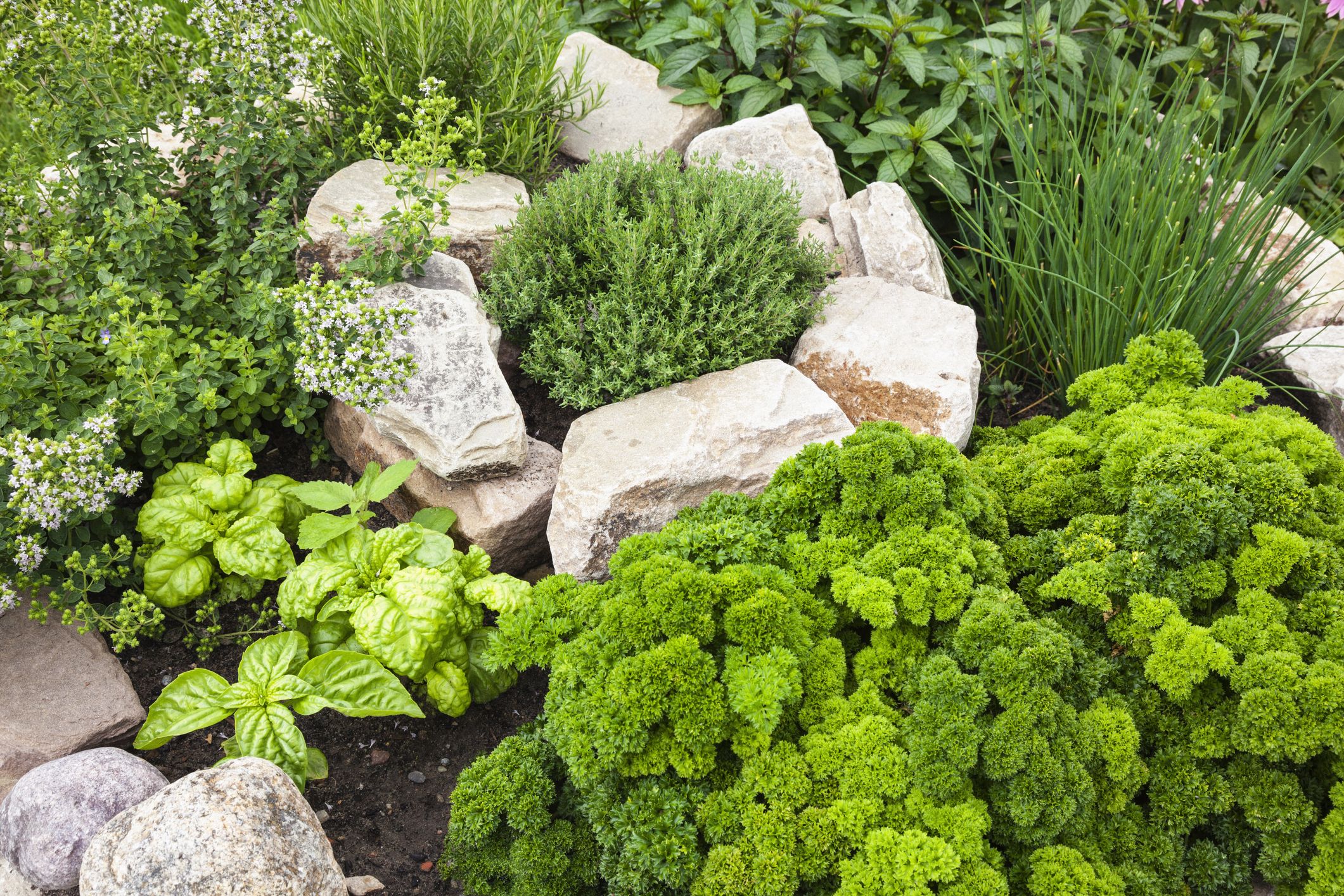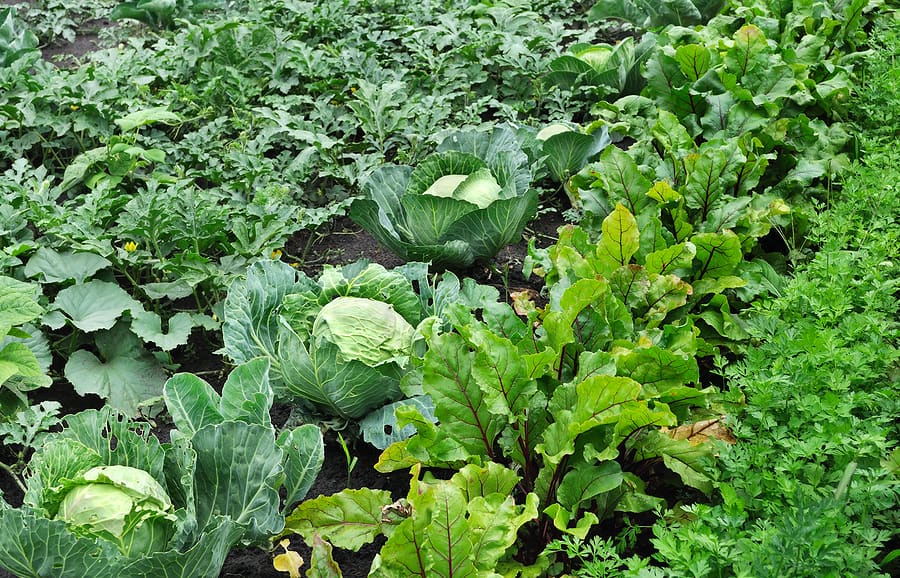From Seedling to Harvest: Releasing the Power of the most effective Plant Foods for Peppers

Importance of Fertilizers for Peppers
To make best use of the growth and return of your pepper plants, it's necessary that you use the ideal fertilizers in appropriate quantities. Fertilizers supply the necessary nutrients that peppers requirement to flourish and generate abundant fruits. These nutrients consist of potassium, phosphorus, and nitrogen, frequently referred to as NPK. Nitrogen promotes fallen leave and stem development, phosphorus help in root advancement and blossom development, while potassium enhances general plant wellness and disease resistance.
Utilizing the ideal plant foods makes certain that your pepper plants receive a balanced supply of these vital nutrients. Without proper fertilization, your plants might experience from vitamins and mineral shortages, leading to stunted growth, yellowing leaves, and poor fruit development. In addition, using too little or too much fertilizer can be detrimental to your plants. Over-fertilization can cause nutrient discrepancies and melt the origins, while under-fertilization can cause weak plants that are extra susceptible to insects and diseases.
It is essential to select fertilizers specifically developed for peppers, as they will consist of the excellent nutrition proportions for ideal growth. Look for fertilizers with an NPK proportion of around 5-10-10 or 10-20-20, which offer a good equilibrium of nutrients for pepper plants. Organic plant foods, such as garden compost or well-rotted manure, can additionally be beneficial as they boost soil fertility and microbial activity.
Picking the Right Plant Food for Your Peppers
To guarantee optimal development and yield for your peppers, it is important that you on a regular basis select the best fertilizer. The right plant food will give your peppers with the nutrients they need to grow and create a bountiful harvest. When selecting a fertilizer, it is very important to take into consideration the certain requirements of your pepper plants. Peppers call for a balanced plant food that offers a mix of potassium, phosphorus, and nitrogen. These three nutrients are important for healthy and balanced plant growth and fruit production. Nitrogen promotes leafed development, phosphorus urges root advancement, and potassium help in fruit development. Look for a fertilizer with an NPK proportion that matches the needs of your pepper plants. If your peppers are already developed and are in demand of even more fruit manufacturing, a fertilizer with a higher potassium material would be valuable. On the various other hand, if your peppers are in the early phases of development and need more foliage, a plant food with a greater nitrogen content would be ideal. Furthermore, take into consideration using an organic fertilizer, as it gives nutrients in a slow-release kind, boosting soil health and reducing the danger of nutrient shed. By picking the appropriate fertilizer for your peppers, you can guarantee that they obtain the nutrients essential for strong growth and a successful harvest.
Using Plant Foods at the Seedling Phase
When using plant foods at the plant stage, you should thoroughly consider the specific nutrient needs of your pepper plants. This phase is critical for the development of strong and healthy and balanced plants, which will inevitably cause an abundant harvest. Among one of the most essential nutrients for plants is nitrogen, as it promotes fallen leave and stem growth. Phosphorus is also crucial for origin development, while potassium aids with general plant health and illness resistance.
To make certain that your plants receive the best quantity of nutrients, it is recommended to utilize a well balanced plant food with a ratio of 10-10-10 or 14-14-14. Begin by blending the plant food with water according to the manufacturer's directions, and after that apply it to the soil around the base of each seedling.

Fertilizing During the Expanding Period
Throughout the expanding season, you can continue to nurture your pepper plants by regularly using the proper fertilizers additional hints to meet their specific nutrient demands. As your pepper plants produce and expand fruit, they need a constant supply of nutrients to sustain their growth and development. Feeding during this time is crucial to make certain healthy and balanced plants and an abundant harvest.
One important element to take into consideration when fertilizing peppers throughout the expanding season is the balance of nutrients. Look for plant foods with a well balanced NPK ratio, such as a 10-10-10 or 14-14-14, to guarantee your pepper plants receive the essential nutrients.
Along with the balance of nutrients, the timing and regularity of fertilization are likewise crucial. It is advised to apply fertilizer every 4-6 weeks throughout the expanding period. Nevertheless, be careful not to over-fertilize, as this can cause too much vegetative development at the expense of fruit production.
When applying fertilizer, make certain to adhere to the instructions on the packaging and apply it uniformly around the base of the plants. Water the plants completely after feeding to aid the nutrients penetrate the dirt and get to the origins effectively.
Harvesting Tips for Maximum Pepper Yield
As you continue supporting your pepper plants throughout the growing season, it's time to dive right into the double preposition subject of optimizing your pepper yield through reliable collecting methods. Harvesting your peppers at the appropriate time is crucial for achieving the optimum yield. On the various other hand, leaving them on the plant for too lengthy can lead to overripe peppers that are more vulnerable to insects and diseases.
When it comes to selecting the peppers, use a sharp set of scissors or pruning shears to prevent damaging the plant. By selecting peppers routinely, you not just advertise continuous development yet also stop the plant from diverting its power towards ripening i thought about this overripe peppers.
Final Thought
So, whether you're a newbie or a knowledgeable garden enthusiast, using the very best fertilizers for peppers is important to achieve an abundant harvest. From the seed starting stage to the growing period, fertilizers give the necessary nutrients for healthy pepper plants. By picking the appropriate fertilizer and applying it properly, you can optimize your pepper return. Keep in mind to follow gathering pointers to guarantee you delight in the fruits of your labor. Pleased gardening and delighted pepper harvesting!
Making use of the appropriate plant foods makes certain that your pepper plants receive a well balanced supply of these important nutrients.When applying plant foods at the seed starting phase, you must meticulously take into consideration the details nutrient needs of your pepper plants.Throughout the growing season, you can continue to nourish your pepper plants by frequently applying the appropriate plant foods to fulfill their certain nutrient requirements.As you continue supporting your pepper plants throughout the growing season, it's time to delve into the dual preposition subject of maximizing your pepper yield through reliable collecting methods. By picking peppers regularly, you not just promote constant growth yet additionally stop the plant from diverting its power in the direction of ripening over ripe peppers.